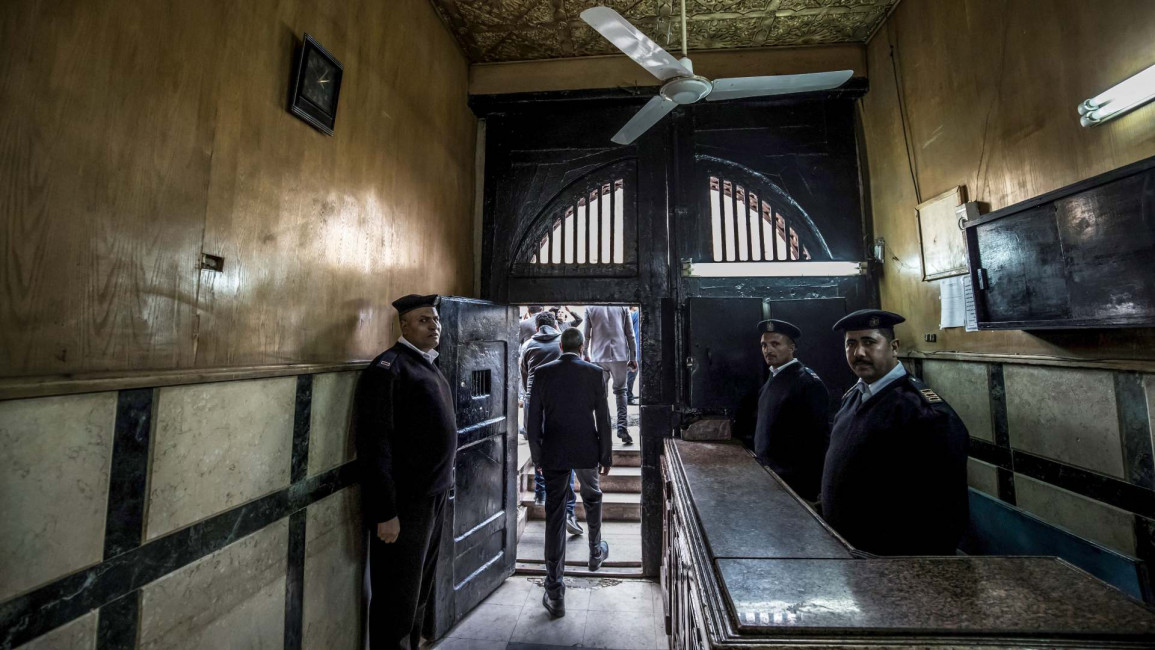Egypt pardons hundreds of prisoners, without mention of Covid-19
Despite mounting pressure on the government to reduce the amount of inmates in its overcrowded prisons to prevent a catastrophic coronavirus outbreak, neither announcement mentioned Covid-19 as the reason for the pardons.
Egypt’s President customarily pardons several hundred prisoners to commemorate Sinai Liberation Day on 25th April, a public holiday in Egypt.
Read also: In-depth: Middle East regimes are freeing inmates as coronavirus spreads. But political prisoners remain behind bars
A committee within Egypt's Interior Ministry will assess individual cases according to a stringent criteria, published by the government on Wednesday. Individuals may be released if they have served more than half their sentence, or 15 years of a life sentence.
Twitter Post
|
However, individuals convicted of national security, terror or protest law violations are not eligible for release. This encompasses most of Egypt’s estimated 60,000 political prisoners.
Egypt's authorities freed 15 prominent political opponents from prison in March, without specifying coronavirus as a reason.
The news comes a day after the family of prominent writer and activist Alaa Abdel Fattah said he had launched a hunger strike against the conditions of his detention in Cairo’s notorious Tora prison.
Abdel Fattah is one of nearly 3,000 people arrested in a police crackdown following rare anti-government demonstrations in 2019. The 37-year-old is one of an estimated 25,000-30,000 prisoners held in pre-trial detention, having not been convicted of any crime.
A 2016 report on prison conditions in Egypt said detainees were denied access to the most basic hygiene facilities and likened the conditions to medieval times "when maltreatment, torture, deprivation of food and healthcare were typical characteristics of life in prison".
Reports of the cramped and unsanitary conditions have sparked fears that the coronavirus - known to spread rapidly in confined spaces - will unleash a health catastrophe once it enters Egypt’s detention facilities.



